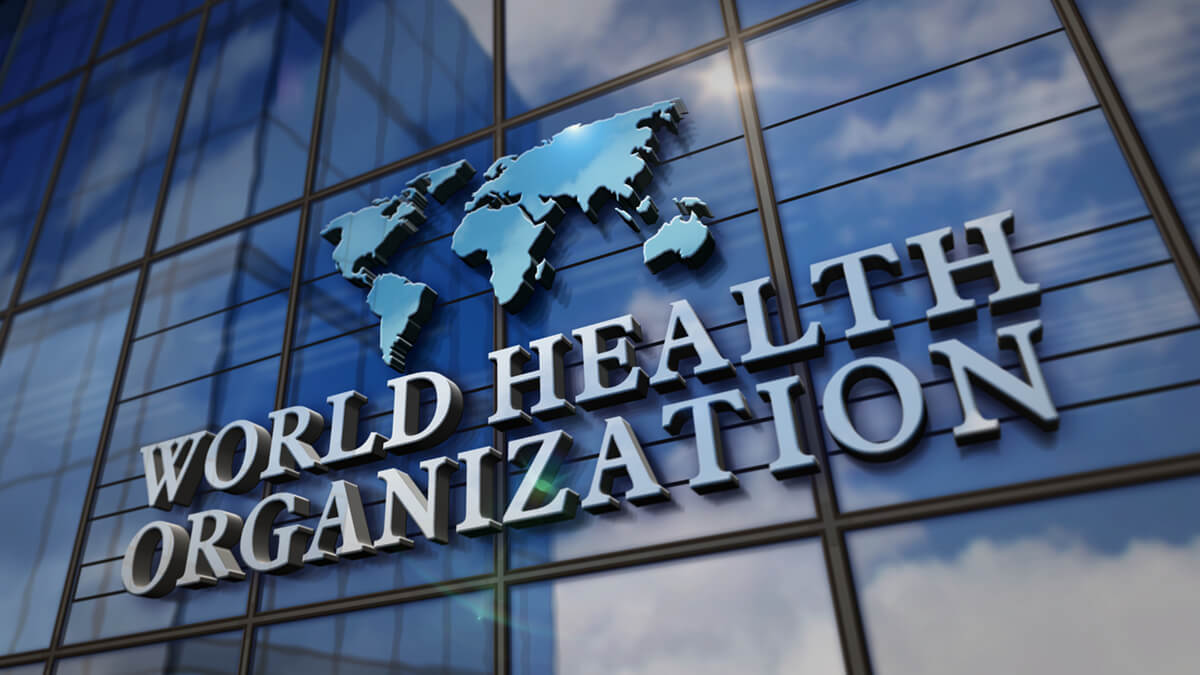On the heels of the Ebola and Zika virus outbreaks, and amid the constant threat of widespread influenza, global health security is at the forefront of many nations’ agendas, and with good reason. International communities are more exposed than ever to infectious diseases that cause human suffering, loss of life, and a significant economic impact.Consider these public health statistics:
-
AIDS has claimed 39 million lives since it was first identified in 1981.*
-
Severe acute respiratory syndrome (SARS) resulted in economic losses of $30 billion in 2003.*
-
Since 1980, approximately one to three new human infectious diseases have been identified each year.*
-
28,639 cases of the Ebola virus have been identified, with more than one-third resulting in death.†
Successful global health security relies on the combined efforts of international organizations, individual governments, and a variety of other efforts and initiatives. Leading the way is the World Health Organization (WHO), whose primary role is to direct and coordinate international health within the United Nations’ system. The WHO currently has 194 member countries, all of which have adopted an agreement known as the International Health Regulations (IHR). This agreement keeps members informed about the degree of risk for various public health concerns, while continually building their capacity to detect, report, and respond to public health issues and events.
The extent to which public health officials in the U.S. have responded to these public health issues reinforces their importance. In February of 2014, the U.S. announced a 5-year plan to “accelerate progress toward a world safe and secure from infectious disease threats.” As part of that plan, a number of global health security risks were identified, including:‡
- Emergence and spread of new microbes.
- Globalization of travel and trade.
- Rise of drug-resistant diseases.
- Potential for accidental release, theft, or illicit use of disease-related materials.
People with exceptional skills are needed to effectively address each of these risks, creating an urgent demand for individuals in public health careers with knowledge in areas such as community health, biostatistics, health policy, and health management. If you’re ready to make this type of difference, explore Walden University’s online health science and public health programs, available at the bachelor’s, master’s, and doctoral degree levels.
*The Kaiser Family Foundation, The U.S. Government & Global Emerging Infectious Disease Preparedness and Response, on the Internet at http://kff.org/global-health-policy/fact-sheet/the-u-s-government-global-emerging-infectious-disease-preparedness-and-response.
†World Health Organization, Ebola Virus Disease Outbreak: Situation Report, on the Internet at www.who.int/csr/disease/ebola/en.
‡U.S. Department of Health and Human Services, The Global Health Security Agenda, on the Internet at http://www.globalhealth.gov/global-health-topics/global-health-security/ghsagenda.html.




